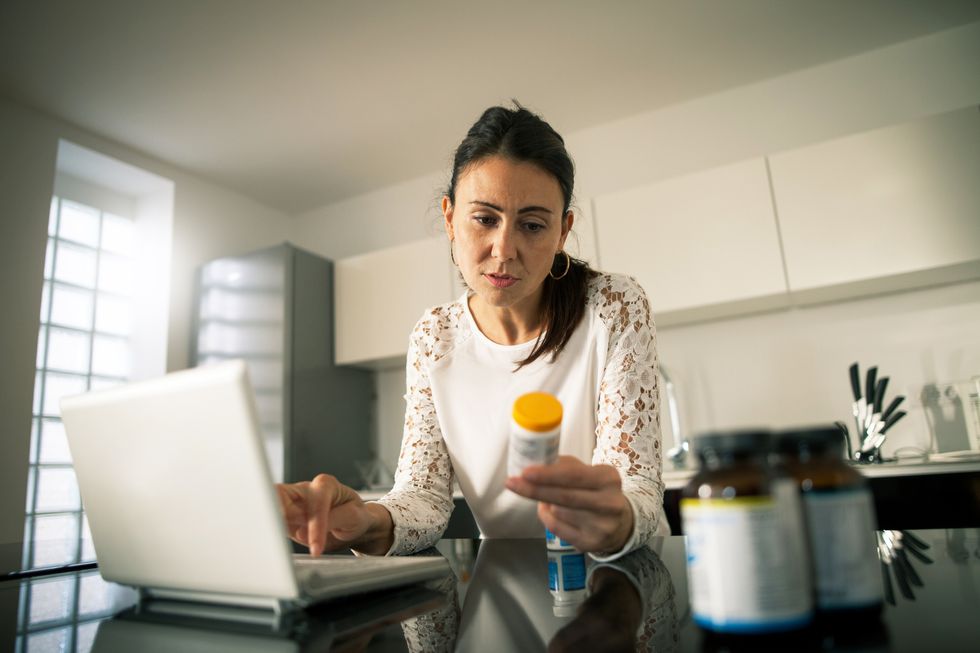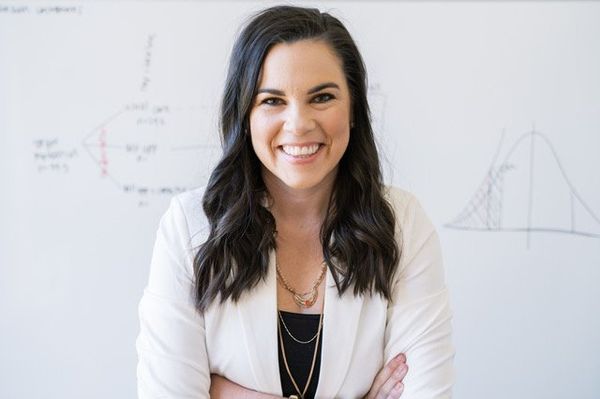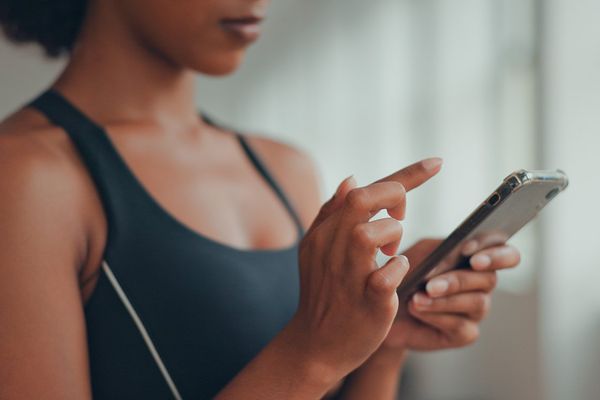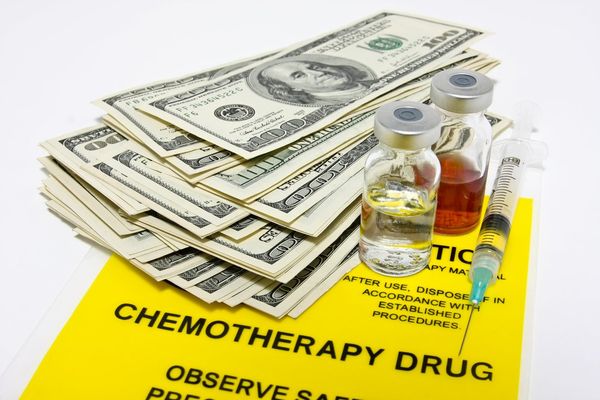By Vivian Manning-Schaffel
American women make approximately 80 percent of the health care decisions for their families. But how many of us take the time to consider if the prescription meds we buy for our families are safe?
Today, answering that question while also trying to keep our health care costs low is a struggle that seemingly has no end in sight, making wellness more of a privilege than a right for many families.
No wonder, then, that many women left scrambling to find the most affordable medication prices can be seduced by the promises of suspect online pharmacies, both foreign and domestic, that tout cheaper prices. Experts say, however, that too often these low prices come with high costs for our safety.
That's because different medication formulas and substandard quality controls than those required by the U.S. Food and Drug Administration (FDA) can mean that medications may not work as expected—and even more dangerous, can result in meds that are damaged, expired, compromised or even fake.
How can we tell whether or not we're buying our meds from a safe source online and that the meds we buy are safe and effective? Here are six key factors to consider before buying your medication online.
A prescription is required. Simply put, a reputable online pharmacy will always require a prescription.
According to the FDA, "rogue online pharmacies"—often posing as Canadian by displaying a maple leaf flag—tend to offer deep discounts on meds without requiring a valid prescription. This is because the meds they're pushing are often illegal or fake, meaning they pose health risks you just can't afford to take. (In most situations it is illegal for individuals to import meds into the U.S from Canada.)
"The FDA requires prescriptions because the drugs or the diseases they treat shouldn't be handled without the intervention of your healthcare team—your pharmacist and your prescriber," explains Allison Dering-Anderson, Pharm.D., RP, Clinical Associate Professor at the Department of Pharmacy Practice and Science at the University of Nebraska Medical Center. "If your prescriber has difficulty sending the prescription to the online vendor, watch out! Pharmacies have strict standards for accepting prescriptions and for being able to communicate with the prescriber. If there appears to be a breakdown in that process, you don't want anything to do with them."
The pharmacy is VIPPS verified. The easiest way to verify an online pharmacy is to use the safety system developed by the National Association of Boards of Pharmacy (NABP).
"This is an organization that exists to promote the safe and legal practice of pharmacy," says Dering-Anderson. "They author the pharmacist licensure examinations used in the United States and have an accreditation process for verifying that online pharmacies comply with a patient's right to privacy, that they authenticate prescriptions and patients for safety, that they have on-going quality improvement processes and that they provide meaningful consultation to their patients."
Called VIPPS (Verified Internet Pharmacy Practice Sites), this system has a handy website available to consumers to help make the practice of verifying online pharmacies simpler.
A pharmacist can answer your questions. As a pharmacist herself, Dering-Anderson proudly supports her local pharmacy.
"I would say that one of the biggest, unpublicized risks (of buying meds online) is not having a local pharmacist to help you when your drugs appear in your mailbox," she says. "If you don't feel as if you can call this pharmacy with questions, or if a prescription ever arrives with errors, such as your name spelled wrong, the drug is questionable, the directions don't match, you should have an immediate way to correct the problem."
The pharmacy can explain its delivery practices. Many medications are so sensitive that even the slightest issue with storage can alter their efficacy.
"I'm always concerned about delivery problems," says Dering-Anderson. "Did the prescription freeze or get overheated? What happens when there's a flood, or a tornado, or a blizzard, and the mail is delayed or lost? Are the patients able to recognize when a drug has been stored improperly during shipping? Does it change color if it gets too hot, or if it freezes? Can you be sure that it's a quality drug when you take it out of the mailbox?"
To get answers, Dering-Anderson recommends calling and interviewing any perspective online pharmacies about their delivery practices before entrusting them to fill your scripts. "Ask about returning problem prescriptions, temperature guarantees, quantities and order lag times," she says. "If you get suitable answers and the pharmacy is on the VIPPS-accredited List, you're on the right track."
The pharmacy is based in the U.S. The risks of buying drugs from foreign pharmacies are endless, says Dering-Anderson. "Every country has different standards and regulations for drug products. Foreign purchased drugs are more likely to be sub-potent or simply counterfeit."
Indeed, she notes that not every country requires a pharmacist to be involved in the dispensing process, so you have no idea who is touching your drug, figuratively and literally. "There is a chance that importation, even for personal use, will be deemed a crime."
Even if your online pharmacy is based in the U.S. and verified by VIPPS, still be sure to double check that what you've ordered is what you received. "The recent uptick in fraud cases, where patients are actually sent drugs they didn't order and don't need, is appalling," says Dering-Anderson. "While the patient isn't directly responsible for the honesty of these providers, it's scary to think that a patient may actually take a drug they didn't order and don't need, just because someone sent it to them."
The pharmacy accepts Medicaid and Medicare. If a pharmacy is somehow excluded from Medicaid or Medicare, this usually means they've done something wrong in the past, notes Dering-Anderson.
As a final safety check, you can always verify a pharmacy by calling your state's Board of Pharmacy and asking about them. "If the mail order pharmacy is in your state, the Board of Pharmacy can tell you if they are licensed and in good standing," she says. "Your state board exists to protect the patients, not the pharmacies. They are happy to tell you about any disciplinary charges against any pharmacy and they can share the rules and regulations that an out-of-state pharmacy must follow in order to ship into your state."






